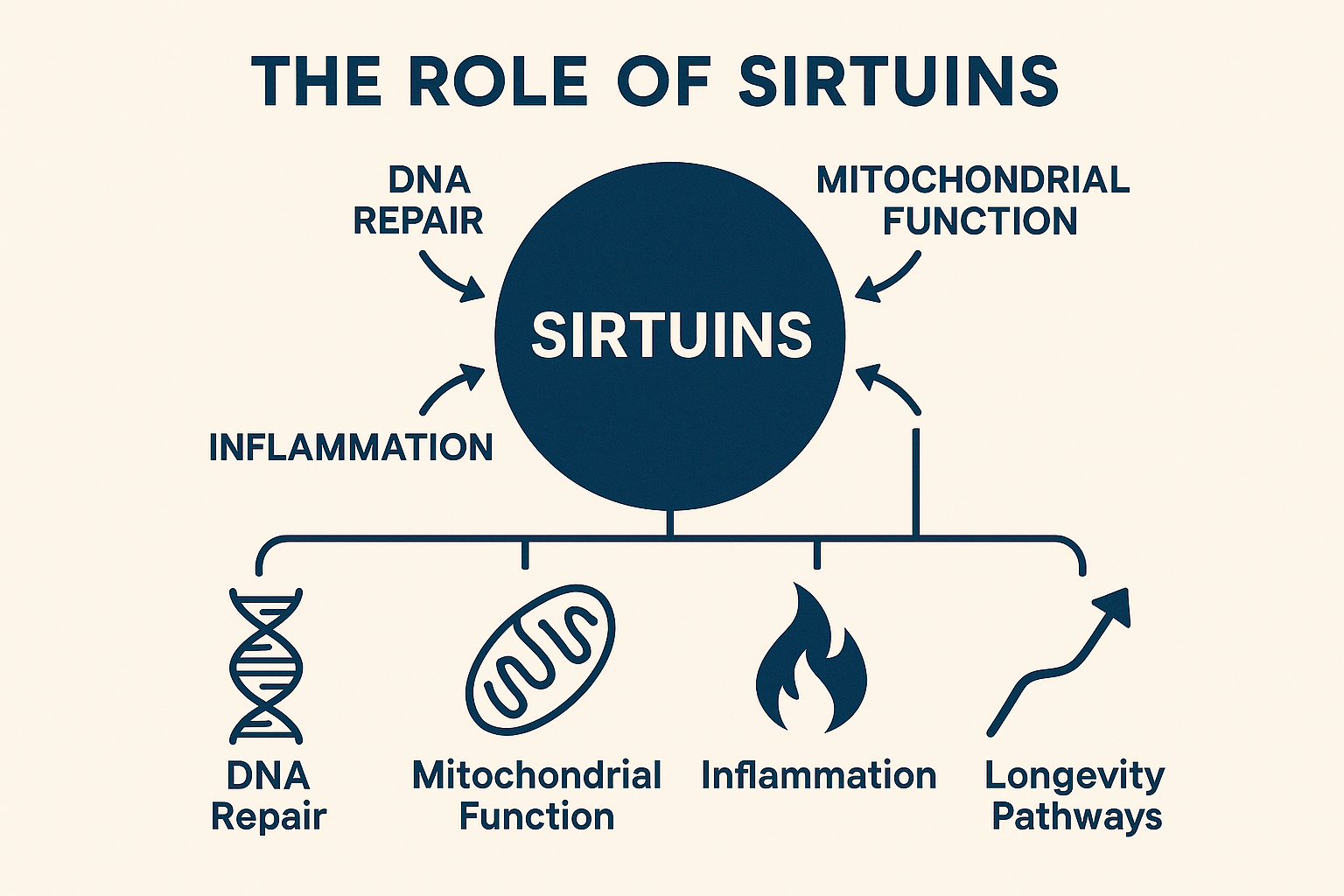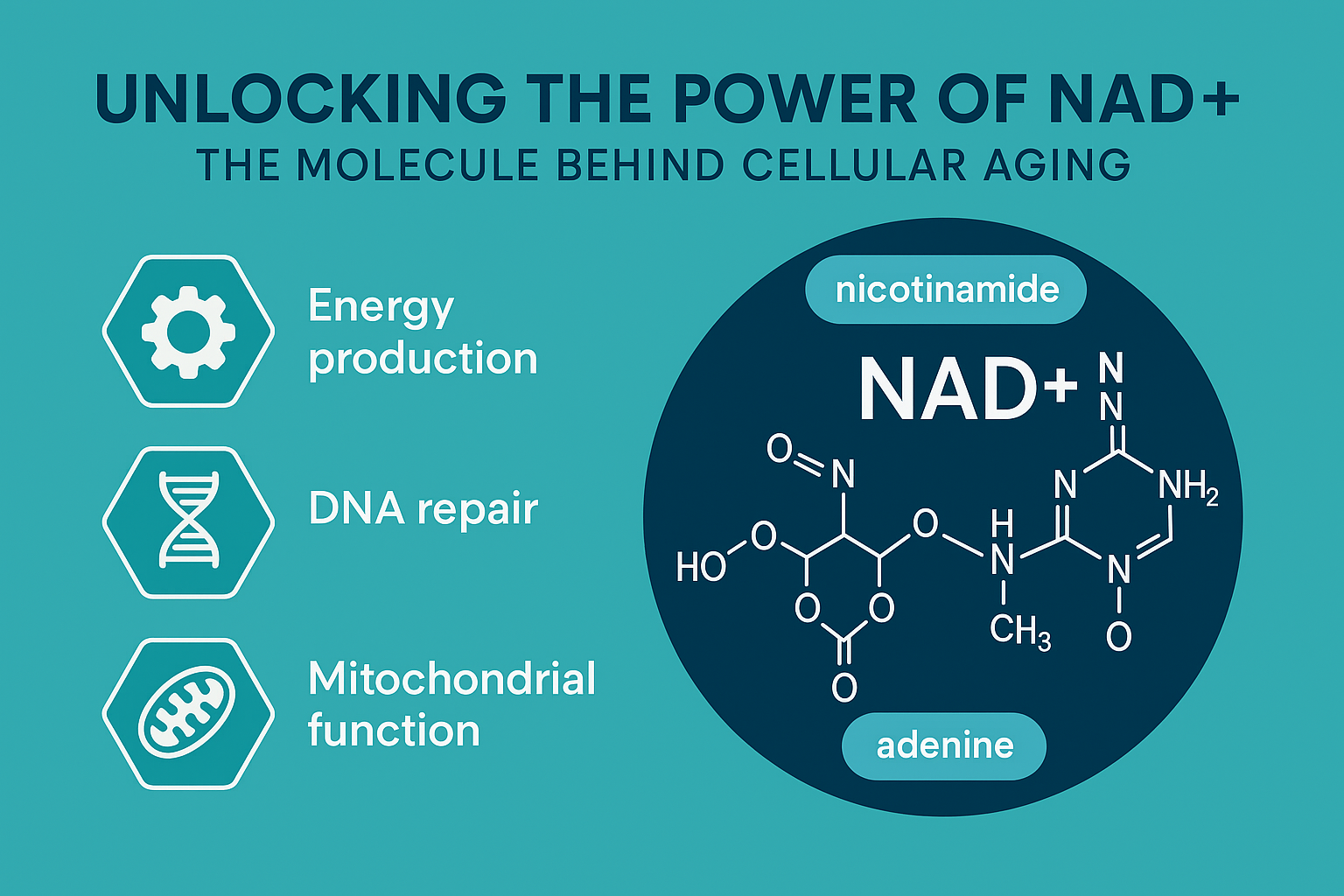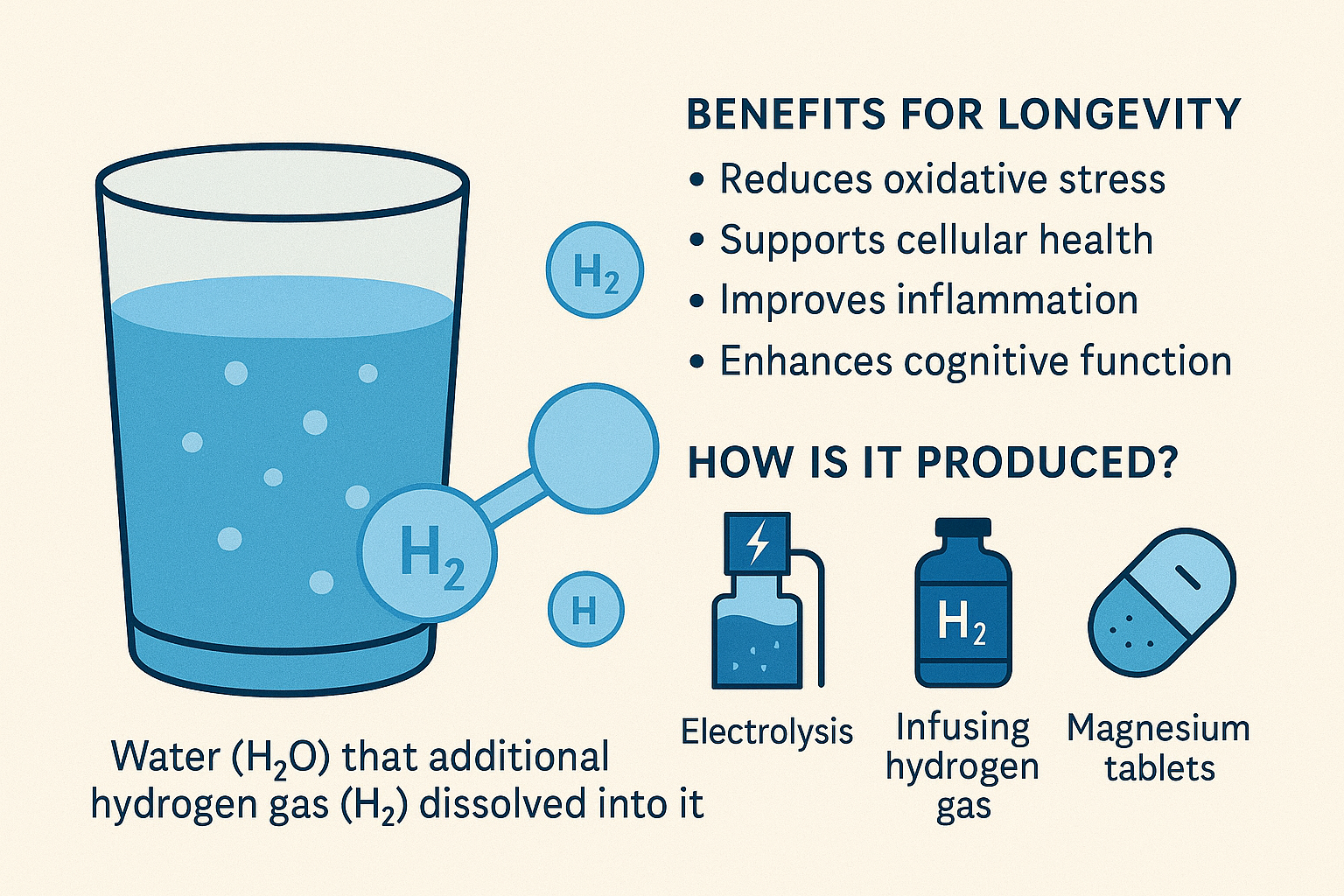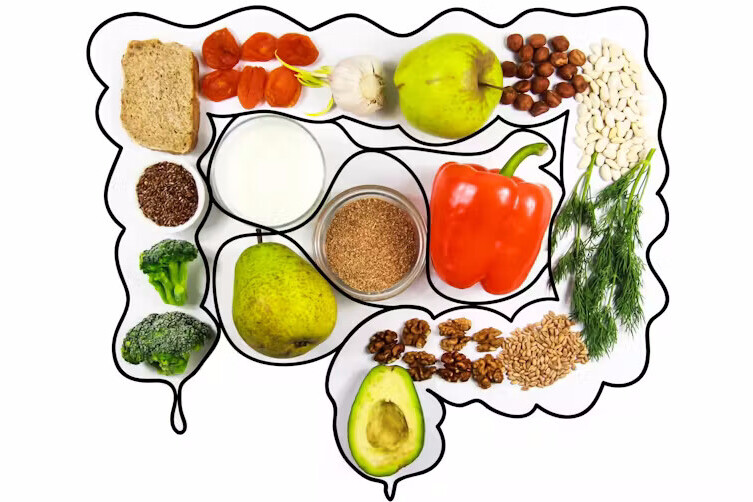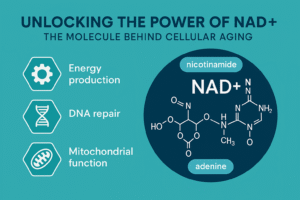Growing up, the cakes we ate in our 20s don’t seem to be as forgiving in our 40s, 50s, or beyond. Aging brings with it a slew of changes, including the way our bodies process, store, and burn calories. Understanding these shifts and adapting our diets accordingly will help in maintaining our waistlines but also support our overall health and well-being. In this article, we’ll journey through the importance of calorie counting as we age, striking a balance with nutritional values, and explore some diet types that can help meet our changing nutritional needs.



Factors Involved With Counting Calories
As we age, several factors come into play regarding our caloric needs:
- Metabolic Rate: Our metabolic rate naturally decreases with age. In simpler terms, this means we burn fewer calories doing the same activities we did when younger. Consequently, even if our eating habits remain unchanged, we might still gain weight due to declining metabolic rate.
- Activity Levels: Generally, people become less active as they age. This decreased physical activity can lead to muscle loss, further reducing the number of calories burned daily.
- Hormonal Changes: Aging is associated with hormonal shifts which can impact how and where the body stores fat.
Importance of Planning Calorie Intake To Avoid Over Eating
In the journey of aging gracefully, it’s essential not just to count calories but also to ensure that what we consume is purposeful and nourishing. Eating the right amount of food goes beyond simply managing weight; it’s about optimizing the body’s performance, recovery, and overall health. Let’s review why this matters:- Maximizing Nutrient Absorption: Our bodies are effectively designed to extract necessary nutrients from the foods we consume. By choosing nutritionally-dense foods and eating the right portions, we give our system the best chance to absorb vital vitamins, minerals, and other beneficial compounds. Overeating, especially when it comes to nutrient-poor foods, can lead to a scenario where the body is working overtime but resulting. In minimal benefits.
- Minimizing Digestive Strain: The digestive system, like other systems in our body, feels the effects of aging. Overloading it with excess food can put undue strain on it. By consuming an optimal amount, we allow our digestive tract to work efficiently without getting overwhelmed, thus potentially reducing issues like bloating, gas, or indigestion.
- Avoiding Metabolic Imbalances: Excessive consumption can lead to spikes in blood sugar and increased fat storage, especially if the bulk of extra calories come from sugary or bad types of fatty foods. By eating just the right amount, we can help stabilize blood sugar levels and avoid undue metabolic stress, which is increasingly crucial as we age and our metabolic resilience diminishes.
- Promoting Cellular Health: Every time we eat, our body undergoes a process called oxidative stress, where free radicals are produced. While this is natural, overeating can exacerbate this stress, potentially leading to cellular damage over time. By optimizing our food intake, we balance nourishment with minimal oxidative stress, promoting long-term cellular health.
Finding The Balance With Counting Calories vs. Nutrition Value
Calories are often the focal point of diet discussions, but as we age, there’s a growing importance in emphasizing the meal quality of those calories. Let’s delve deeper into why balancing calorie counting with nutritional value is not just beneficial, but essential:
- Calories Don’t Tell the Whole Story: A sugary soda and a handful of almonds might have similar calorie counts, but their effects on our body differ greatly. While the soda provides a quick burst of energy, followed by a crash, the almonds offer sustained energy, thanks to their healthy fats and proteins, along with a suite of vitamins and minerals.
- Nutrient Density Matters: As our bodies age, they require a rich array of nutrients to maintain bone density, cognitive function, and overall vitality. Focusing solely on calories might lead to a diet deficient in essential nutrients, such as calcium, vitamin D, and omega-3 fatty acids.
- Prevention of Chronic Diseases: A diet emphasizing nutrient value tends to be rich in antioxidants and anti-inflammatory compounds. This not only promotes overall health but can also reduce the risk of age-associated chronic diseases like heart disease, diabetes, and certain cancers.
- Satiety and Digestive Health: Nutrient-dense foods often have higher fiber content, which is vital for digestive health and contributes to feeling full. This can help prevent overeating, naturally balancing calorie intake without the need for rigorous counting.
Type Of Diets Available To Meet Your Nutritional Needs
Various diets can cater to the nutritional needs of older adults:
- Mediterranean Diet: Rich in fruits, vegetables, whole grains, and healthy fats, this diet is known for its heart health benefits and has been linked to increased longevity.
- DASH Diet: Designed to combat hypertension, this diet emphasizes reduced sodium intake, and promotes fruits, veggies, and lean protein.
- Flexitarian Diet: A mostly vegetarian diet, allowing for occasional meat consumption, is associated with lower risks of chronic diseases.
- High-Protein Diets: Essential for muscle maintenance and growth, especially important as we age to combat sarcopenia (muscle loss due to aging.







